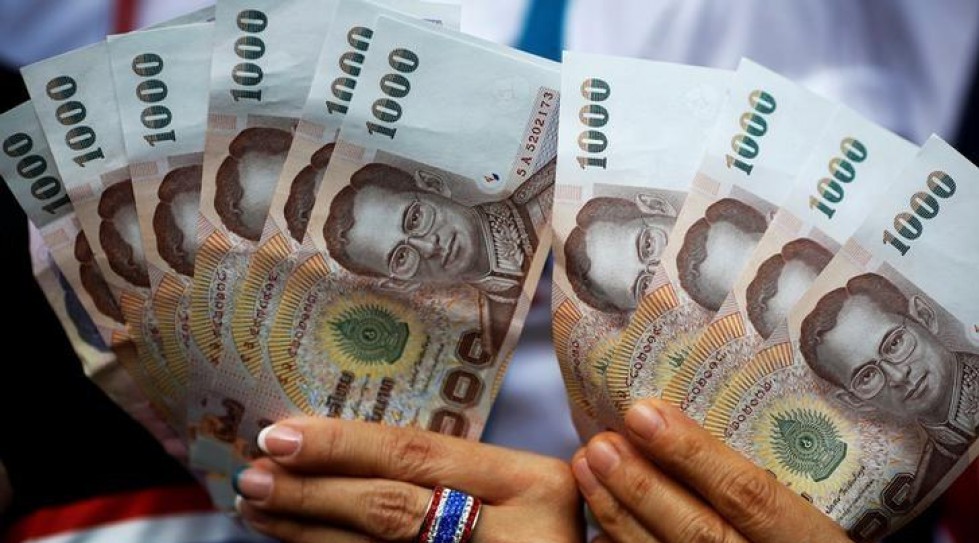Burma is one of the most difficult countries in the world in which to do business, according the World Bank, which included the Southeast Asian nation in its annual “Doing Business” report for the first time in 2013 Burma’s first appearance in the report reflectsliberalizing economic policies advanced by the quasi-civilian government that took power in 2011. Reforms have been accompanied by talk of investors rushing into the resource-rich nation’s underdeveloped market. However, the report—which compares the obstacles to starting and operating a business in 189 countries—may dampen the hype. It ranks Burma at 182, judging that only a handful of economies, including Chad, the Central African Republic and Eritrea, offered a worse environment for business.
Bureaucracy and over burdensome regulations can stifle entrepreneurs
There was some praise for Burma, particularly for the government’s decision to reduce its corporate income tax rate. Under the 2012 Foreign Investment Law the income of local branches of foreign enterprises are taxed at 25 percent, the same basic rate as locally incorporated companies. But the countrywas ranked bottom of the global table for the ease of starting up a business, largely due to the high cost. Starting a business involves 11 different procedures, takes 72 days and costs nearly US$1,500 in Burma, it said. And a deposit of more than $58,000 is required to start a business—higher than in any other country—the report said, pointing out that such requirements in general “significantly slow entrepreneurship.”
Burma ranks especially poorly for “protecting investors” (182 out of 189) and “enforcing contracts” (188).
The report also highlighted Burma—alongside other new entrants in this year’s rankings South Sudan and Libya—as countries emerging from conflict or isolation. “This is the right time to improve business regulations,” it said of the three countries.
“Old laws and regulations still apply in Myanmar [Burma], including the Companies Act of 1914, the Code of Civil Procedure of 1908 and the Evidence Act, 1872,” the report said, while noting that in all three countries new laws being discussed to replace old ones would have an impact on the ease of doing business.
Despite the difficulties outlined by the World Bank, healthy rates of economic growth are widely predicted for Burma, and many foreign companies have announced plans to invest in the country. A separate World Bank report issued earlier this month reported that foreign direct investment had grown to 5.2 percent of gross domestic product in the 2012-13 fiscal year, compared with 3.7 percent the year before.
Read the complete report here : Amid Hype, Burma Ranked One of the Hardest Places to Do Busines







